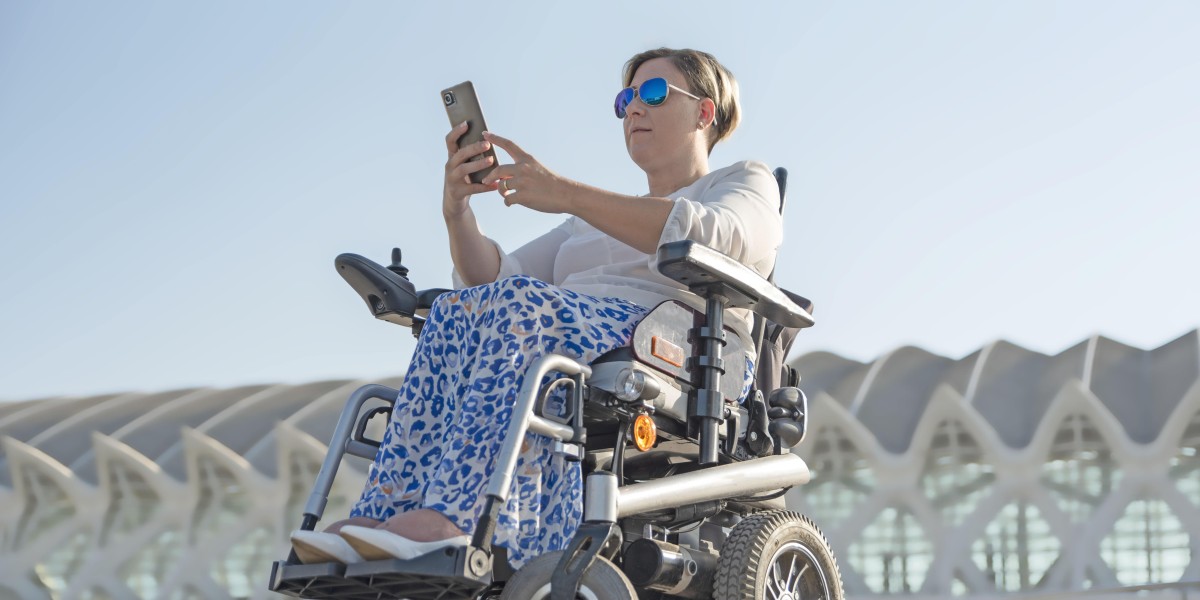
The Rise of Robot Cleaners in Commercial Spaces
Intro
In current years, improvements in innovation have given rise to automation in different sectors, including everything from manufacturing to customer support. One noteworthy development in this arena is the emergence of robot cleaners in commercial areas. These automated cleaning machines have transformed the way services approach cleanliness and upkeep, providing a solution that is not just efficient but also cost-effective. As companies seek to enhance their operational performance while maintaining high requirements of health, robot cleaners have become an important part of modern-day commercial environments.
Understanding Robot Cleaners
cheap robot vacuum cleaner cleaners are self-governing devices geared up with sensing units, cams, and artificial intelligence that enable them to navigate and tidy numerous surfaces without human intervention. They can be found in various types and performances, catering to varied commercial needs. Here's an introduction of the primary types of robot cleaners:
- Autonomous Vacuum Cleaners: These gadgets are designed for effectively vacuuming floors, especially in environments such as workplaces, retail areas, and storage facilities.
- Scrubbing Robots: These robots are tailored for tough surfaces, utilizing scrubbing and cleaning options to deal with tough spots and gunk.
- Disinfection Robots: Equipped with UV-C light or chemical sprayers, these robots specialize in decontaminating areas, substantially minimizing the presence of hazardous bacteria and viruses.
Table 1: Types of Robot Cleaners and Their Features
| Type of Robot Cleaner | Main Function | Suitable Environment | Secret Features |
|---|---|---|---|
| Self-governing Vacuum Cleaner | Floor vacuuming | Offices, Retail Spaces | Sensing units for navigating obstacles, scheduling |
| Scrubbing Robot | Hard surface area cleaning | Warehouses, Hospitals | Dual-brush system, adjustable settings |
| Disinfection Robot | Surface disinfection | Healthcare settings | UV-C or electrostatic spraying technology |
Benefits of Using Robot Cleaners in Commercial Spaces
The integration of robot cleaners in commercial environments provides a myriad of advantages:
Increased Efficiency
Robot cleaners run autonomously, permitting them to clean areas at any time of the day or night without the requirement for human supervision. This efficiency is particularly useful for large centers that experience high foot traffic, as these robots can cover more ground in less time.
Constant Cleaning Quality
Robot cleaners are created to carry out regularly, operating on pre-programmed settings customized to the specific requirements of the environment. This guarantees a reliable standard of tidiness throughout the facility.
Cost-Effectiveness
While the preliminary financial investment in robot cleaners may be substantial, the long-term savings can be considerable. Robot cleaners reduce the need for a large cleaning staff, decrease human errors, and can reduce expenses associated with cleaning products.
Enhanced Safety
In settings like medical facilities and laboratories, preserving health is essential. Robot cleaners decrease human contact with potentially dangerous products or areas, thus boosting overall safety.
Eco-Friendliness
Lots of contemporary robot cleaners are developed with sustainability in mind. They efficiently use water and cleaning items, typically geared up with settings that lower waste. This adds to a greener method to cleaning in commercial spaces.
Secret Considerations Before Implementation
While the benefits are significant, businesses need to consider various aspects before purchasing robot cleaners:
Space Design: The layout of the facility can impact a robot's efficiency. Areas with numerous barriers may require more advanced designs equipped with advanced navigation systems.
Upkeep: Although robot cleaners are generally low-maintenance, they do need periodic checks to ensure ideal performance. Having a dedicated technician or service agreement may be essential.
Software Updates: The innovation behind robot cleaners progresses rapidly. Keeping the software application approximately date is necessary for keeping performance and security.
Combination with Current Systems: Understanding how top robot vacuum cleaners can be integrated into existing cleaning procedures is essential to optimizing their potential advantages.
Case Studies: Successful Implementation of Robot Cleaners
Case Study 1: A Large Retail Chain
A large retail chain carried out self cleaning vacuum cleaner-governing automatic vacuum cleaners cleaners throughout its many stores. The robots allowed cleaning to happen throughout hours of operation, which considerably minimized labor expenses and improved total store tidiness. The chain reported a 25% increase in customer fulfillment, directly associating it to the improved shopping environment.
Case Study 2: A Local Hospital
A health center released disinfection robots to deal with extensive cleaning routines, specifically in waiting areas and running spaces. These robots effectively reduced infection risks while enabling cleaning staff to concentrate on other pushing jobs. The hospital kept in mind a marked decline in post-surgical infection rates, verifying the efficiency of robotic disinfection.
Frequently Asked Questions About Robot Cleaners in Commercial Spaces
Q1: Are robot cleaners suitable for all commercial environments?
- A: While robot cleaners are flexible, their viability might differ based on area style and cleaning requirements. It is necessary to examine the particular needs and design of your commercial space.
Q2: How much do robot cleaners cost?
- A: The price of robot cleaners can vary commonly based upon their features and capabilities. Standard models might begin at ₤ 1,000, while advanced models can cost upwards of ₤ 10,000.
Q3: How often do robot cleaners require upkeep?
- A: Robot cleaners generally need very little upkeep. Regular checks and software updates are suggested, while parts like filters might need replacing based on usage.
Q4: Can robot cleaners work alongside human staff?
- A: Yes, robot cleaners are developed to match human staff instead of replace them. They can take control of routine cleaning tasks, allowing staff to concentrate on more complex tasks.
The commercial cleaning landscape is seeing a considerable change through making use of robot cleaners. These gadgets match human effort, boost cleanliness, and add to cost savings, making them a worthy financial investment for business wanting to improve their operational efficiency. As technology continues to develop, the capabilities of robot cleaners are most likely to broaden, further solidifying their role in keeping cleanliness in commercial areas. With mindful consideration of individual needs and an ingenious method, services can accept this innovation to produce a cleaner, much safer, and more effective working environment.







